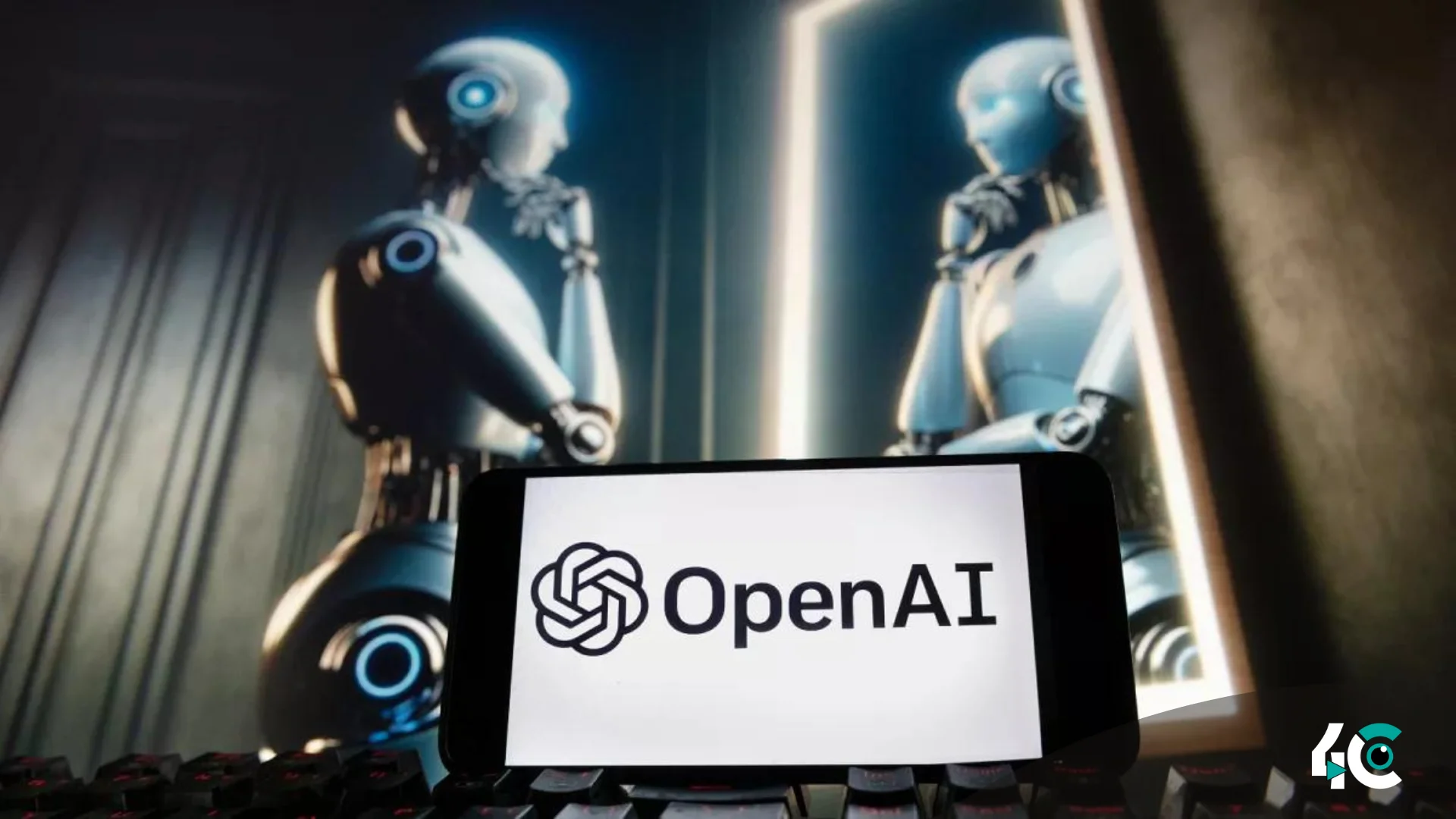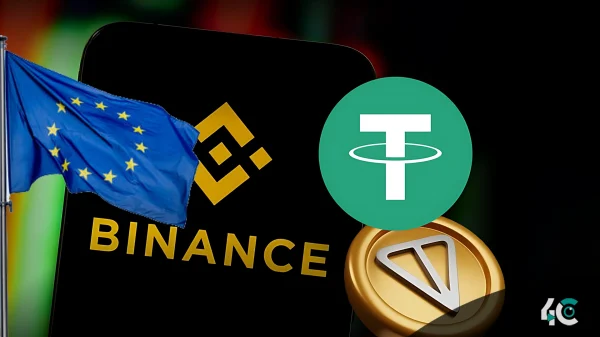Today, the European Union (EU) started a project to make the first “General-Purpose AI Code of Practice.” This is a big step toward shaping the future of artificial intelligence (AI). This project is part of the EU’s larger plan to put its AI Act into action. Its goal is to create new rules for AI models’ openness, risk management, and control.
The European AI Office reported on September 30 that hundreds of experts from around the world are working together to write the framework. These experts come from science, business, and civil society. This detailed code will cover important topics like accountability, intellectual property, risk assessments, and running the business internally. The effort is a big step toward making sure that AI is used responsibly in many areas.
The writing process started with a virtual parliamentary session with almost 1,000 people to start the months-long work of development. The last draft of the Code of Practice should be ready by April 2025. For all-purpose AI models, like big language models and systems used in many fields, this approach is very important because it will show them how to safely and effectively fit into society.
Four specialty working groups were also created as part of the effort. Each one worked on a different area of AI governance. These groups, which are led by experts in the field, will talk about things like openness, rights, lowering risks, and technology safety. From October 2024 to April 2025, participants will meet regularly to draft and improve parts of the code based on feedback from a wide range of partners.
The EU passed the AI Act in March 2024. It is a groundbreaking law that tries to control AI across the region. The act divides AI systems into various danger levels and sets specific rules for their cooperation based on how they might affect society. Because they can be used in so many situations, general-purpose AI models are looked at more closely.
Big tech firms, like Meta, have said that the AI Act might stop new ideas from happening, but the EU is committed to finding a balance between safety and growth. The EU wants to make sure that the Code of Practice encourages innovation while also protecting public interests by involving many groups in the writing process.
Because this is a collaborative project, it has already gotten a lot of input. Over 430 entries from different groups and people have helped shape the direction of the code. The EU wants to set a global standard by April 2025 for the responsible development and use of AI, with the goal of reducing risks and increasing benefits for everyone. As AI continues to change around the world, this work is likely to have an effect on similar laws in other countries, making the EU a leader in AI control.













































